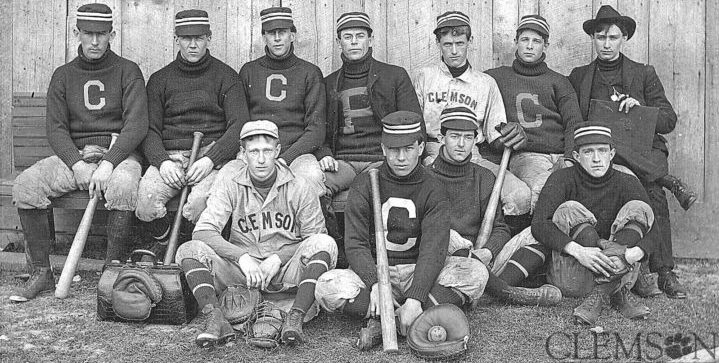 Teams are everywhere, in every corner of professional life. The concept of “team” is pervasive, so much so that most people take the concept for granted. Most people don’t really grasp what it means to be part of a good, functional, productive team. Most people have probably never experienced “team” at its highest form.
Teams are everywhere, in every corner of professional life. The concept of “team” is pervasive, so much so that most people take the concept for granted. Most people don’t really grasp what it means to be part of a good, functional, productive team. Most people have probably never experienced “team” at its highest form.
True teams have lots of things in common: clear goals, clear division of responsibilities, trust, aligned motivations and effort levels, among many other things. Lots of groups of people are “teams” in name only. Just because we call ourselves a “team” does not really mean that much. Good teams take thought and effort to build; they don’t just happen.
So my (quick) point for you today is this: Just because you put a team together doesn’t mean all that much. If you want to become a really good team, you have to put some effort into that. Don’t be lazy about your team experiences. And ask yourself (and each other) the hard questions about how you can work better together. Because unless you work through the issues of goals, norms, roles, expectations, etc, then you’ll never truly be a team. You’ll simply be a group of people, regardless of what you decide to refer to yourself as.
Have a great day.





Comments